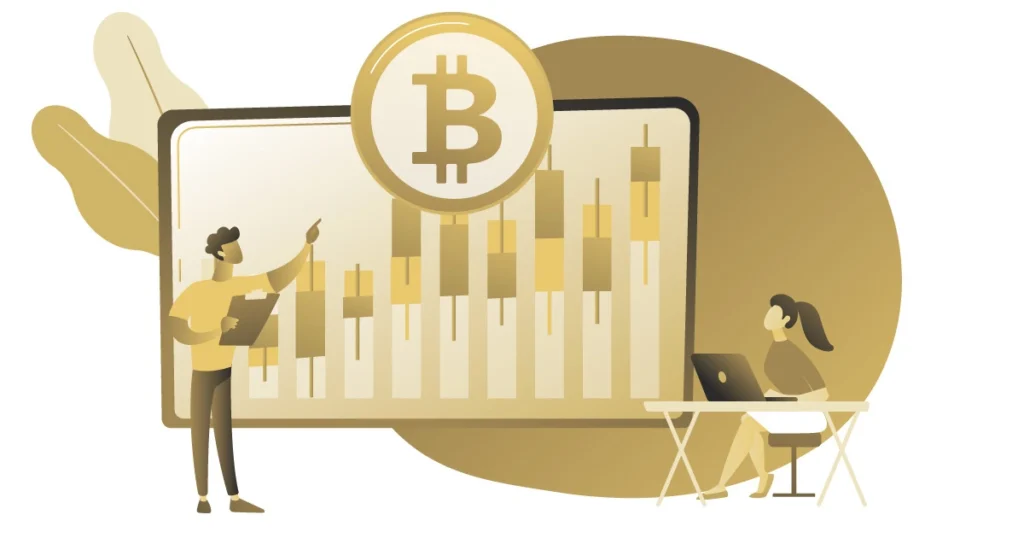AUTHOR : ISTELA ISSO
DATE : 21/12/2023
Introduction
In the dynamic landscape of business transactions, especially in the realm of Payment Service Providers (PSPs), India presents a unique set of challenges and opportunities. As businesses increasingly rely on digital platforms for financial transactions, the concept of high-risk B2B transactions has gained prominence.
Definition of High-Risk PSP Business-to-Business Transactions
High-risk PSP business-to-business transactions refer to financial exchanges between businesses that involve an elevated level of uncertainty and potential for adverse outcomes. These transactions are often characterized by factors such as regulatory complexities, industry-specific challenges, and dynamic market dynamics.

Significance in the Indian Market
In the context of India’s burgeoning economy and the rapid adoption of digital payment systems, understanding and effectively managing high-risk B2B transactions is crucial. It not only impacts the financial stability of businesses but also plays a pivotal role in shaping the overall economic landscape.
Understanding PSP in India
High Risk PSP Payment Service Providers act as intermediaries facilitating electronic transactions between businesses. In India, these entities play a vital role in enabling smooth financial interactions, ranging from simple transactions to complex B2B dealings.
Types of PSPs in the Indian Context
India boasts a diverse array of PSPs Transactions In India , including banks, non-banking financial institutions, and fintech startups. Each category brings its own set of advantages and challenges, contributing to the intricacies of B2B transactions.
Factors Contributing to High Risk
Regulatory Environment
The regulatory landscape in India can be intricate, and compliance with guidelines set by the Reserve Bank of India (RBI) is imperative. Failure to adhere to these regulations can elevate the risk associated with B2B Payments[1] A business transaction can take hours, days, or even weeks to complete. Business transactions are common in business.

Industry Specifics
Certain industries inherently carry a higher risk in financial dealings. Understanding the nuances of each sector is crucial for businesses engaged in Payment Methods for B2B Online [2] potential risks effectively.
Market Dynamics
The ever-evolving market conditions can pose challenges to businesses involved[3] in high-risk PSP transactions. Rapid shifts in consumer behavior, technological advancements, and global economic changes contribute to the complexity of B2B dealings.
Challenges Faced in B2B Transactions
Fraud and Security Concerns
One of the primary challenges in high-risk PSP B2B transactions is the constant threat of fraud. Businesses must implement robust security measures to safeguard sensitive financial information and prevent unauthorized access B2B e-commerce[4]
Legal Implications
Navigating the legal landscape of B2B transaction[5] Sometimes a business process includes a business transaction. A business transaction is a collection of activities that must either complete successfully requires a comprehensive understanding of contractual obligations and potential liabilities. Failure to address legal considerations can lead to disputes and financial repercussions.
Cross-Border Complexity
The reservations for these special event rooms are not performed using the usual dining reservations process at the individual restaurants. In an interconnected global economy, many B2B transactions involve cross-border dealings. Managing the complexities associated with different legal frameworks, currencies, and cultural nuances is paramount for success.
Risk Mitigation Strategies

KYC (Know Your Customer) Procedures
Implementing stringent KYC procedures is a fundamental step in mitigating risks associated with B2B transactions. Thoroughly verifying the identity of businesses involved helps establish a foundation of trust.
Enhanced Due Diligence
Conducting thorough due diligence before engaging in high-risk transactions is essential. Businesses should assess the financial health, reputation, and compliance history of potential partners.
Technological Solutions
Embracing technological advancements such as blockchain and artificial intelligence can significantly enhance the security of B2B transactions. These innovations provide transparent and secure platforms for financial interactions.
Role of Government Regulations
RBI Guidelines
The Reserve Bank of India plays a pivotal role in regulating financial transactions. Adhering to RBI guidelines ensures that businesses operate within the legal framework, minimizing the risk associated with B2B dealings.A business transaction requires the execution of multiple operations. For example, consider the purchase of an item from an on-line catalog
Compliance Requirements
Meeting compliance requirements set by regulatory authorities is non-negotiable. Businesses must stay abreast of changes in regulations and promptly adapt their practices to maintain a secure and compliant financial environment.
Case Studies
Notable Instances of High-Risk B2B Transactions
Examining real-world case studies provides valuable insights into the challenges and successes of businesses engaged in high-risk PSP transactions. Learning from past experiences helps businesses make informed decisions. when scalability, reliability, and cost enter the picture, things can quickly get very complicated.
Lessons Learned
A business transaction requires the execution of multiple operations. For example, consider the purchase of an item from an on-line catalog Extracting lessons from case studies aids in refining strategies for B2B transactions. Identifying common pitfalls and successful approaches contributes to a more resilient and adaptive business environment.

Emerging Trends in PSP Security
Blockchain Technology
The integration of blockchain technology in B2B transactions adds an additional layer of security. The decentralized nature of blockchain ensures transparency and minimizes the risk of fraudulent activities.
Artificial Intelligence in Risk Management
This is transaction processing the processing of business transactions by computers connected by computer networks. Artificial intelligence (AI) plays a crucial role in risk management. AI algorithms can analyze vast amounts of data to identify patterns and potential risks, enabling businesses to proactively address challenges.
Industry Best Practices
Collaboration among businesses and sharing information on potential risks is a best practice. Building a network of trust within the industry contributes to a collective effort in managing high-risk transactions. Transaction volume and database size adds complexity and undermines efficiency. We’ve all had the experience of being delayed because a sales person is waiting for a cash register
Conclusion
In conclusion, navigating high-risk PSP B2B transactions in India demands a comprehensive understanding of regulatory environments, industry specifics, and market dynamics. Businesses that prioritize risk mitigation strategies, adhere to government regulations, and embrace technological advancements can turn challenges into opportunities for sustainable growth.
FAQs
- What defines a high-risk PSP transaction?
- A high-risk PSP transaction involves financial exchanges between businesses with an elevated level of uncertainty and potential for adverse outcomes, often characterized by regulatory complexities and industry-specific challenges.
- How can businesses ensure compliance with RBI guidelines?
- Businesses can ensure compliance with RBI guidelines by implementing stringent KYC procedures, conducting enhanced due diligence, and staying abreast of changes in regulatory requirements.
- Are there specific industries more prone to high-risk transactions?
- Yes, certain industries inherently carry a higher risk in B2B transactions, and understanding the nuances of each sector is crucial for effective risk management.
- What role does technology play in mitigating risks?
- Technology, such as blockchain and artificial intelligence, plays a crucial role in mitigating risks by providing transparent and secure platforms for B2B transactions and aiding in risk management.
- How can B2B transactions contribute to the growth of the Indian economy?
- B2B transactions, when managed effectively, contribute to the growth of the Indian economy by fostering collaboration, driving innovation, and creating a resilient business environment.

